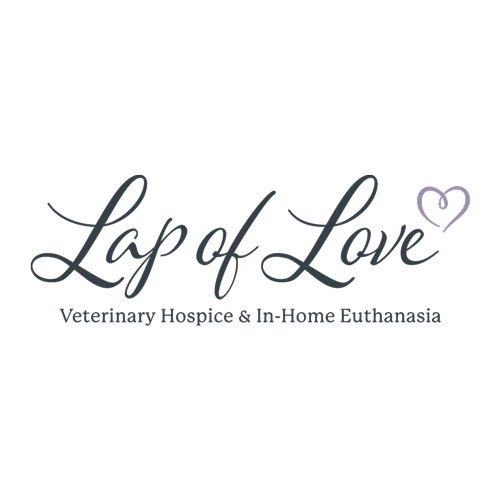Human Animal Bond Research Institute Hosts Week of Virtual Programming Highlighting the Importance of Pets for Public Health
Washington, D.C. (October 22, 2021) — The Human Animal Bond Research Institute (HABRI) brought the love of pets to Congress this week through a virtual Pet Week on Capitol Hill. Featuring conversations with leaders in animal health, animal welfare, pet business, celebrity guests, Members of Congress, therapy animals, and some very cute pets, Pet Week focused on key data showing growing importance of pets in society and how policies supporting pet ownership and care have the potential to save lives, enhance wellbeing, and protect public health.
“Americans love their pets and support policies that strengthen pet ownership as a positive force for our health and wellbeing,” said Steven Feldman, President of HABRI. “The entire pet care community came together during virtual Pet Week on Capitol Hill to share this message and the data behind the importance of the human-animal bond in American society.”
Pet Week on Capitol Hill addressed a wide array of timely issues including data-driven updates on animal shelters and pet adoption in the United States, the importance of pet ownership and pet care to the economy, and the positive impact of pet-friendly policies and legislation. Congressman Kurt Schrader (OR-5) discussed the importance of veterinarians during the pandemic and legislation aimed at protecting people and pets from zoonotic diseases and natural disasters.
“As the only veterinarian serving in Congress, I welcome opportunities like this to spread the word to pet owners, the public and my colleagues about the real, tangible benefits pets bring to our lives, and the importance of veterinary medicine in safeguarding public health,” said Representative Schrader. “It was also my honor to announce the winners of the AHI Cutest Pets on Capitol Hill Contest. Pet Week on Capitol Hill is a wonderful event that brings us together and lifts spirits at a time when everyone really needs it.”
A highlight of Pet Week on Capitol Hill, the Animal Health Institute (AHI) unveiled the winners of the 13th annual Cutest Pets on Capitol Hill contest, which recognizes the most adorable animals owned by Members of Congress and their staff.

- Dog: Reily
Owner: Rep. Suzan DelBene (WA-1)
- Cat: Dorothy
Owner: Rep. Chris Pappas (NH-1)
- Exotic: Dublin
Owner: Emma Settle
Office of Rep. Richard Hudson (NC-8)
In special guest appearances, Tamron Hall, journalist and TV personality, advocated for Congress to increase funding for pet-friendly domestic violence shelters. Bobby Bones, best-selling author and TV personality, delivered a heartfelt message in support of veterans with post-traumatic stress, who will now be able to train and have access to service dogs after recent passage of the Puppies Assisting Wounded Servicemembers for Veterans Therapy Act.
“We are grateful to the many pet care companies and organizations who made virtual Pet Week on Capitol Hill possible,” added Feldman. “We hope to be back in person in 2022 with our much-anticipated Pet Night on Capitol Hill reception!”
All recorded discussions from Pet Week on Capitol Hill are now available to view on-demand at www.petnight.com, where people can also sign up to be invited to Pet Night on Capitol Hill 2022. Pet Night on Capitol Hill is an annual event, hosted by HABRI and sponsored by the pet care community. For more information, please visit www.petnight.com. Images available upon request.
About HABRI
HABRI is a not-for-profit organization that maintains the world’s largest online library of human-animal bond research and information; funds innovative research projects to scientifically document the health benefits of companion animals; and informs the public about human-animal bond research and the beneficial role of companion animals in society. For more information, please visit www.habri.org.
Contact
Jamie Baxter
jamie@theimpetusagency.com
775.322.4022
###





